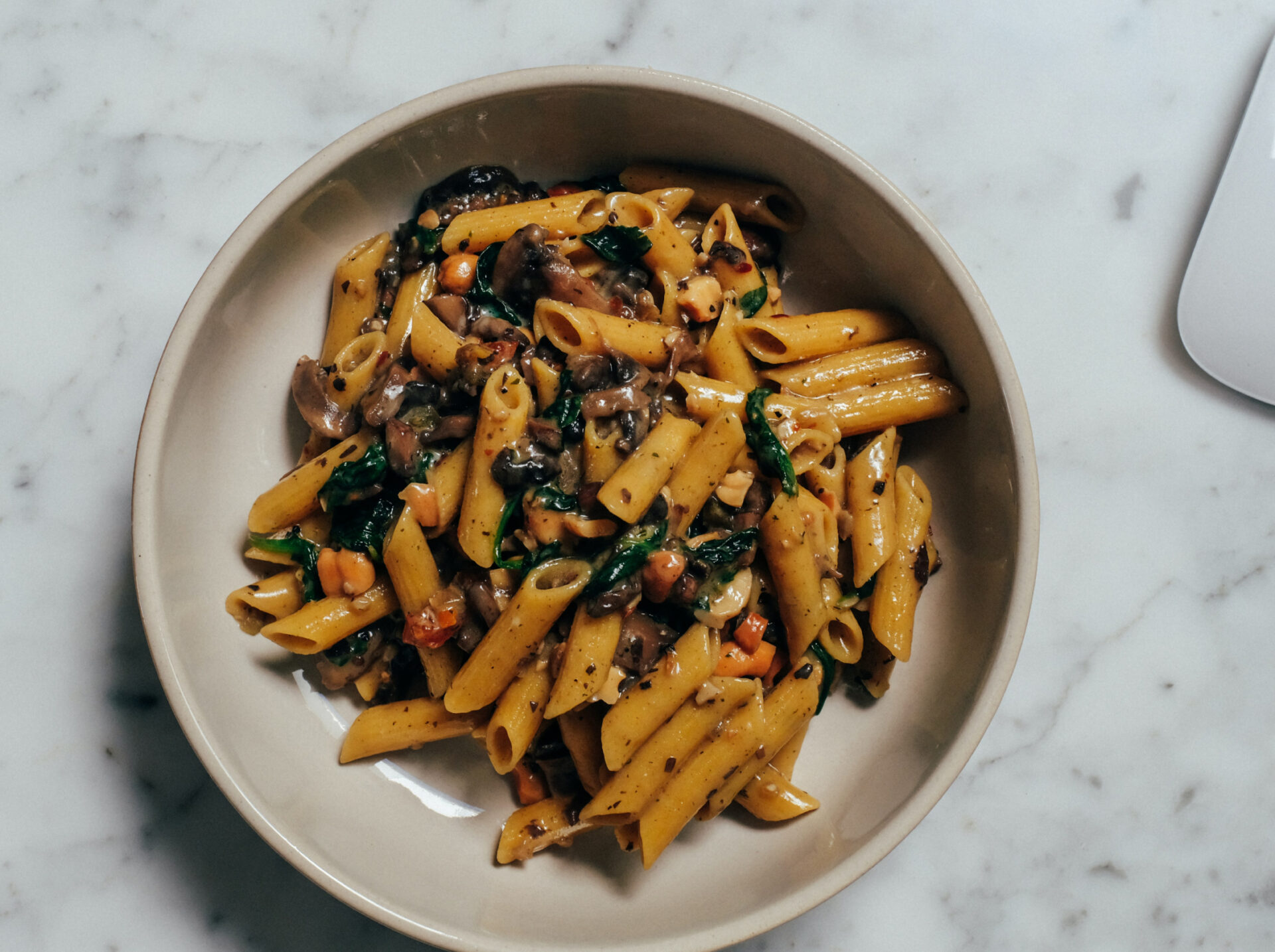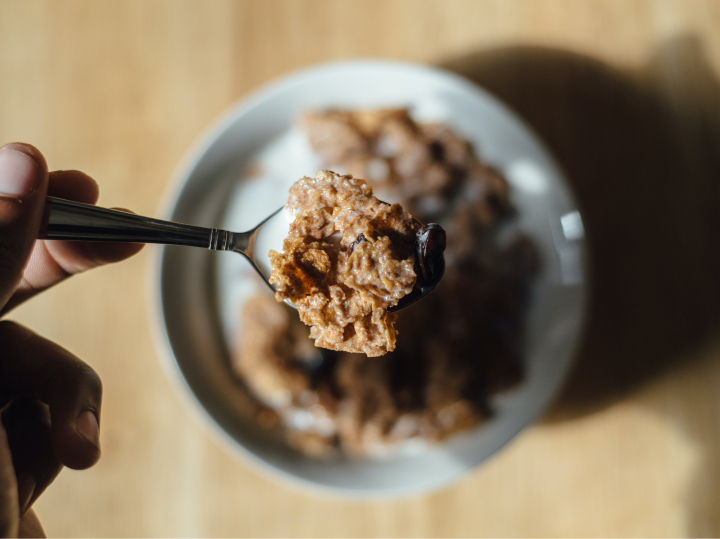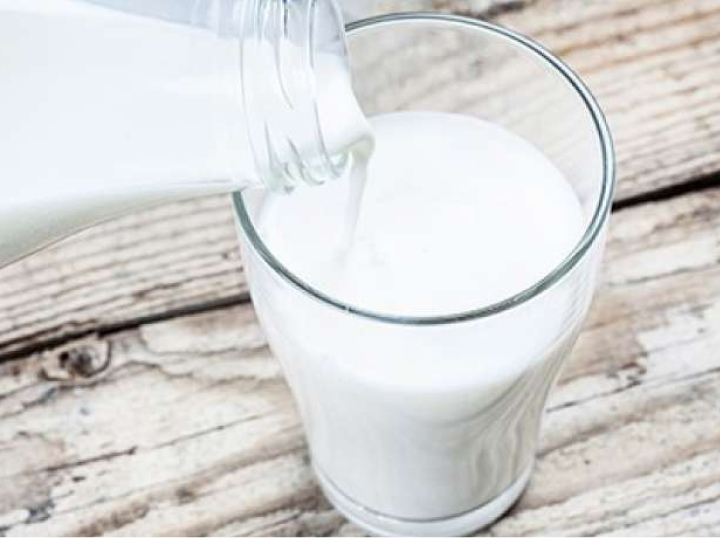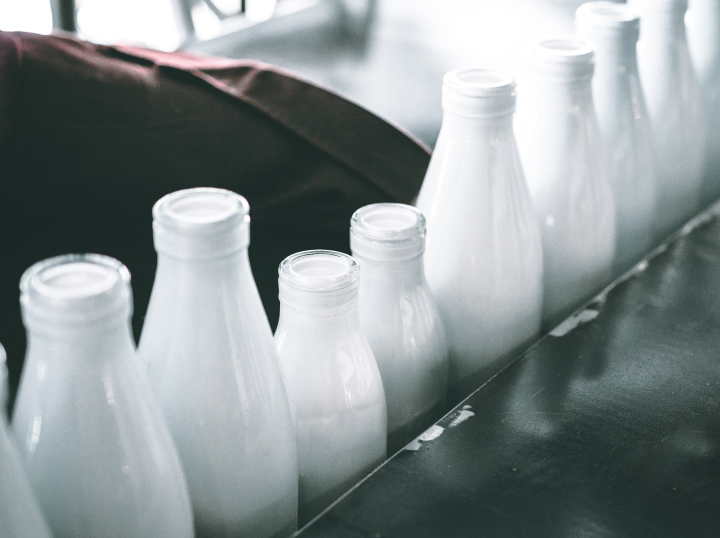How Milk Fits Into A Plant-Based Diet
By Pro Basketball Player and Registered Dietitian
Briana Butler
I recently made the decision to add more plant-based food to my diet. As a busy mom and wife, I sometimes find myself eating anything within arm’s reach. (A bold confession for a professional sports dietitian, no?) After catching myself eating leftover chicken nuggets on my toddler’s plate, I decided to make a lifestyle change: it was time to start diversifying the types of nutrients I was putting into my body every day. No more excuses!
There’s a robust amount of research that suggests adding more plants to your diet may reduce the risk of heart disease, cancer, obesity and more. To reap these potential benefits, you don’t need to take an all-or-nothing approach and eliminate all animal products from your diet. In fact, the great thing about a plant-based diet is that it can be flexible and you’re able to tailor it to meet your individual needs.
For the best results, I’d recommend incorporating real milk into your plant-based diet, too. Here’s why.
Milk for muscle building
If you’re an athlete on a plant-based diet, it’s critically important that you consume enough protein every day – and with real milk in your diet, it’s totally doable.
An 8-ounce glass of dairy milk contains eight grams of high-quality protein, while an 8-ounce glass of plant-based “milk” like traditional almond milk typically contains only one gram of protein (coconut milk contains less than one gram of protein!). For more information on how all the plant “milk” nutrient profiles stack up to real dairy milk, check out these articles.
Here’s something else worth keeping in mind: many plant-based protein sources are incomplete proteins, whereas dairy milk is considered a “complete” protein since it contains all of the nine essential amino acids our body needs to stay strong and healthy. And since our bodies cannot make them, we must get them from our diet.
Milk’s micronutrients for performance
While I like to incorporate plant-based meals into my diet, you better believe I’m adding real milk to my overnight oats and cashew alfredo. It’s a great way to amp up the protein and nutrients in my meals.
After all, milk is a powerhouse beverage with 13 essential nutrients including calcium, vitamins D and B12, and more. Vitamin B12 helps our bodies create red blood cells and the other B vitamins found in milk help convert food into energy. Adding milk to your favorite plant-based recipes is an excellent way to ensure you’re giving your body the nutrients it needs that might otherwise be hard to get enough of in a plant-forward diet.
Milk for all athletes, big and small
One of the most dynamic facts about real milk is that plant-based athletes of all ages can utilize it. Dairy milk can be a cost-effective, reliable, and convenient option to use periodically throughout your rigorous training day while performing even at the highest levels.
On the other hand, young athletes can use milk as a safe and nourishing drink that can fuel their growth and performance, with no added sugars or artificial flavorings. In fact, beyond the sports fields, these 2019 beverage recommendations for children aged 1-5 only include two items: water and dairy milk, and encourage parents to limit or avoid other beverages!
Why? What kids drink can have a lasting impact on their health and performance well past their tee-ball years. Real milk has nutrients that help their muscles and bones grow strong! So, incorporating real milk as opposed to replacing it in a little athlete’s plant-based diet is an irresistible plug and play!
Milk plus plants!
The bottom line: dairy milk is a great complement to a plant-based diet, providing you with the nutrients you may miss out on while following with plants alone.





